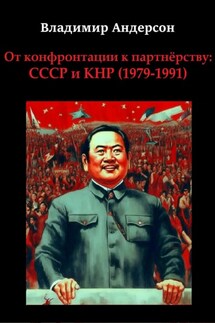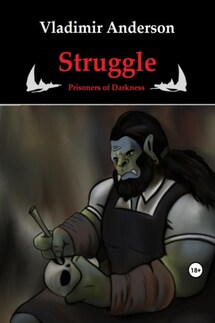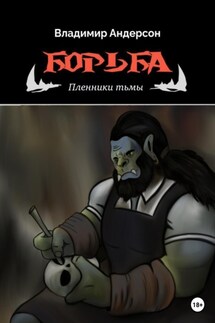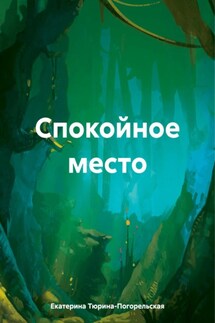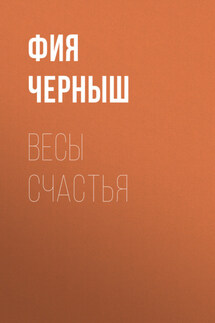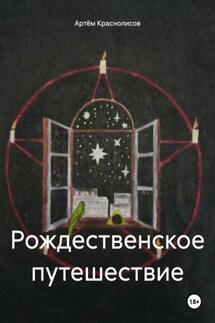Struggle: The Path to Power - страница 9
Those who resisted the decrees of the Inquisition
Lawyers, notaries and jurists who defended heretics
Anyone who refused to take the oath required by the Inquisition
Anyone who has died in open and alleged hereticism
Anyone touched with heresy by word, deed, or composition.
What atrocities they did to scrape out the "truth", some absolutely sophisticated steel hooks and claws, wires, bayonets – about 60 items in all. And since each accused belonged to any of the 6 categories, only things of his category could be applied to him.
Each item or method could only be used for 6 minutes – although this article was often ignored, explaining that something was used incorrectly or not completely. There was even an unspoken competition among the executioners for mastery of the various tools and the ability to make the "guilty" consent with a particular item.
By the way, the whole system was based on consent. The Church did not need to kill someone and thereby make a martyr out of him, even though he was a heretic. They wanted him to live. Of course, first admitting his guilt and repenting, but living. Because this life then was an additional testimony not only to the rightness of the Church, but also to its eternity in the life of the plagues.
Hierarchical system of division of the whole organization of the Church according to the system of 360 degrees – 60 for each priest-metropolitan. Here everyone tried to excel, but as a rule the first and sixth had the worst results. Their field included checking for heresy among the employees of the state apparatus. What was the "inconvenience" of the provisions: the secular authorities, the army and the SChK took care of their employees. Almost no one was caught for "witchcraft" there, and in the case of heresy one could recant without being tortured and in frequent cases, with the mediation of big bosses, not to suffer too much.
The quality of the work of lower ranking priests in high and critical hazard areas was put up for discussion today.
The topic of the meeting was announced by Uginoch, in charge of Sector 180 (the "hard labor" sector, as it was called by all those who stood behind the backs of the priests and saw the price of the Inquisition; under its watch was everyone whose condition was rated below normal, which was more than two-thirds of the entire Empire): "High Priest-Patriarch Nevroch, direct successor to Grand Inquisitor Torquedoch has expressed his concern in the affairs of the Church in the conquered territories. The Church has weakened in those areas, and there is no sign of a possible increase in its importance. High Priest Nevroch requests that action be taken."
Most of the priests believed in the necessity of the Holy Inquisition, and regarded it as the mainstay of the justified supremacy of the Church. Posing the question from the side of the threat of weakening influence pressed on ambition as much as on principle.
The conquered territories themselves were mostly government employees, so in this case the Inquisition of the State Apparatus of Shiroh (60th degree) and Samoh (360th degree) had the most workload.
"I tried to send six inquisitors to the Indian Colony. – Metropolitan Priest Katoch (300th degree) stated. – But the broz only authorized two. How can I destroy heresy when even the local authorities prevent me from doing so?"
